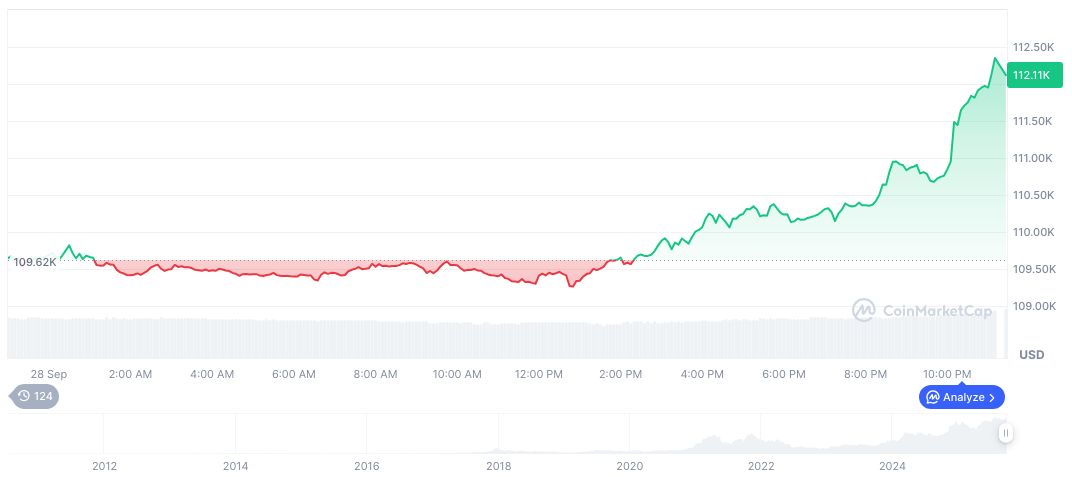- Sejm passes Crypto-Asset Market Act, requires CASP licensing.
- Potential fines up to $2.8 million for non-compliance.
- 6-month transition for CASPs once the act is enforced.
Poland’s Sejm passed the “Crypto-Asset Market Act” (Bill 1424), marking a pivotal regulatory step, with the KNF as the main governing body, on September 27, 2025.
This legislation introduces stringent licensing for crypto providers, stirring controversy over its restrictive nature and potential impact on Poland’s burgeoning cryptocurrency market.
Poland Sejm Demands CASPs Licensing Amid Crypto Overhaul
The Crypto-Asset Market Act, approved by Poland’s Sejm, mandates that all crypto-asset service providers, including those overseas, obtain a license from the Polish Financial Supervision Authority (KNF). Proponents emphasize enhanced consumer protection with these regulations. Critics assert the act could hinder the crypto market’s growth within Poland, comparing it to the EU’s MiCA framework. Industry reactions have been mixed, with some insiders deeming it excessive and potentially harmful to innovation. Deputy Finance Minister Jurand Drop underscored its importance, claiming it would enhance investor safeguarding:
No top executives or major international industry figures have publicly commented on the bill’s recent progress.
“In Poland, 18% of people already have experience investing in crypto assets. These regulations are crucial for strengthening investor and customer protection in the crypto asset market.”
$2.8 Million Non-Compliance Fines Energize Market Debate
Did you know? The Crypto-Asset Market Act is considered more stringent than existing Polish banking laws, indicating the government’s tough stance on cryptocurrencies.
According to CoinMarketCap, Bitcoin (BTC) currently trades at $112,134.07, with a market cap of $2.23 trillion and a 24-hour trading volume of $46.07 billion, reflecting a 2.59% rise in 24 hours. Recent data confirms a market dominance of 57.94%, along with short-term volatility. The Coincu research team anticipates the law could shift financial operations, potentially redirecting investments to countries with less restrictive regulations. The strategy may protect consumers but might also deter foreign CASPs due to high fees and severe penalties.
Recent data confirms a market dominance of 57.94%, along with short-term volatility. The strategy may protect consumers but might also deter foreign CASPs due to high fees and severe penalties.
| DISCLAIMER: The information on this website is provided as general market commentary and does not constitute investment advice. We encourage you to do your own research before investing. |
Source: https://coincu.com/news/poland-sejm-crypto-act-passed/
